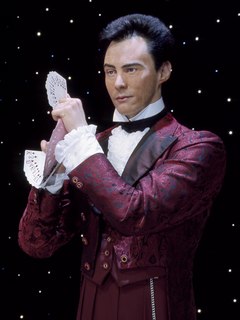A Quote by Christopher Hitchens
Primate and elephant and even pig societies show considerable evidence of care for others, parent-child bonding, solidarity in the face of danger, and so on.
Related Quotes
A conscious parent is not one who seeks to fix her child or seek to produce or create the 'perfect' child. This is not about perfection. The conscious parent understands that is journey has been undertaken, this child has been called forth to 'raise the parent' itself. To show the parent where the parent has yet to grow. This is why we call our children into our lives.
The traditional paradigm of parenting has been very hierarchical, the parent knows best and very top down. Conscious parenting topples [this paradigm] on its head and creates this mutuality, this circularity where both parent and child serve each other and where in fact, perhaps, the child could be even more of a guru for the parent .... teaching the parent how the parent needs to grow, teaching the parent how to enter the present moment like only children know how to do.
Kids have *_____ never* taken guidance from their parents. If you could travel back in time and observe the original primate family in the original tree, you would see the primate parents yelling at the primate teenager for sitting around and sulking all day instead of hunting for grubs and berries like dad primate. Then you'd see the primate teenager stomp up to his branch and slam the leaves.
































